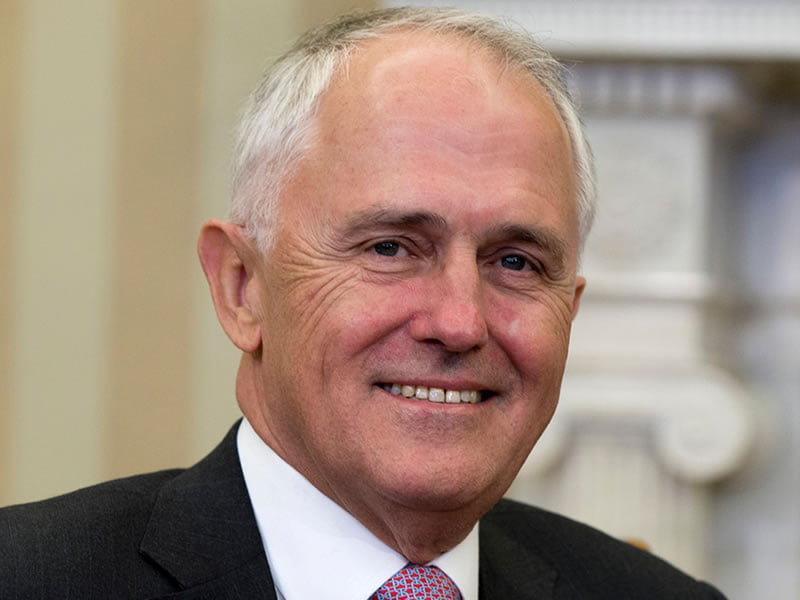The great eCensus fail of 2016 was the Turnbull government’s most publicly embarrassing cyber security stuff up and the Digital Transformation Agency scores extra funds from the 2017 budget to clamp down on bad government cyber practices.
DTA gets $10.7 million over the next four years to set up a new Cyber Security Advisory Office (CSAO) tasked with riding herd over agency cyber vulnerabilities and broader government project vulnerabilities.
Budget papers say the new CSAO will work with agencies to ensure they are appropriately managing the risks of cyber and other digital vulnerabilities on digital services.

Malcolm Turnbull sees himself as a very tech literate prime minister and the eCensus fail of 2016 would have been personally embarrassing.
The online Census of 2016 was supposed to have been a public showcase of government digital ability and having large chunks of the populace prevented from filing their inputs on Census night due to denial of service attack was a shocker for Mr Turnbull, the ABS and tech supplier IBM.
After the event Mr Turnbull raged that heads would roll. While some heads may have bounced around after the event, the CSAO initiative appears to be not only a good idea – so long as it has some stick with agencies- but also an insurance policy against future embarrassments.
The advent of the CSAO responds to recommendations contained in the government’s review of events Surrounding the 2016 eCensus.
On the customer side of digital security, this year’s budget coughs up $22.7 million in 2017-18 to complete the next stage of development for the GovPass system which creates a trusted digital identity framework for people needing to provide secure proof of identity to use online government services.
The idea is to expand GovPass in the future for use by business. The GovPass will link to existing document and facial verification services to establish identity.
Meanwhile, Kelly O’Dwyer’s Black Economy Task Force that was established in December 2016 to report on how to tap back into lost tax revenues has come up with some ideas that will bring light to the black economy darkness.
Recommendations being implemented from the Task Force’s interim report include banning the manufacture, distribution, sale or use of so-called sales suppression technology that lets business understate income.
Also, the Taxable Payment Reporting System has been extended from couriers and cleaners, a pair of industries at high risk of black economy practices, to the building and construction industry.
The ATO scores more funding to target black economy risks.
The measures are expected to result in a net gain of $632 million to the budget.
Do you know more? Contact James Riley via Email.

